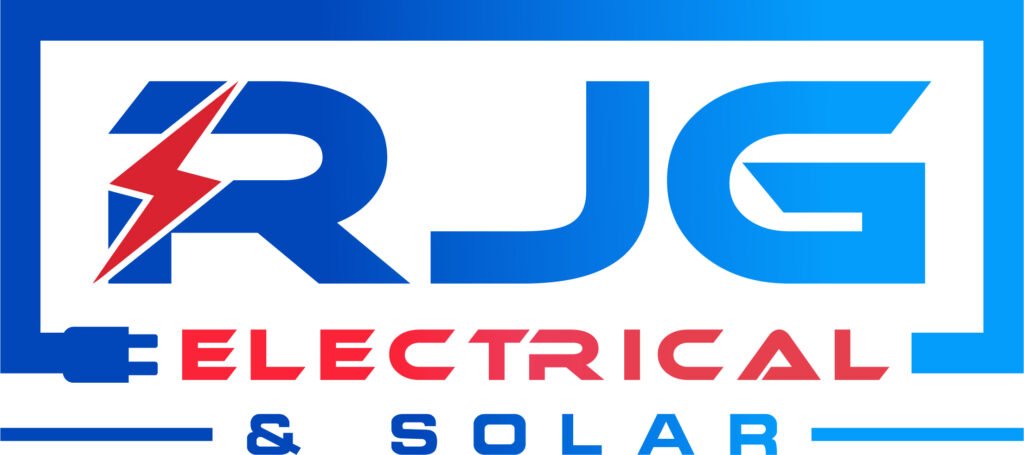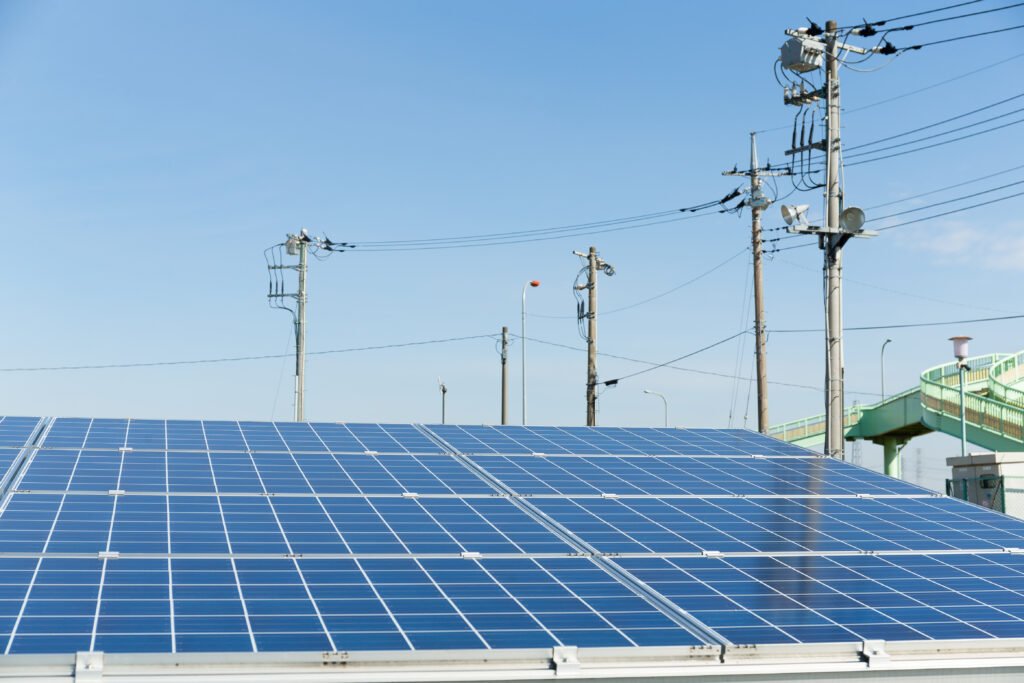Investing in solar panels is a significant decision that can have long-lasting implications for your energy savings and environmental impact. With a wide array of solar panel options available on the market, it’s essential to consider several key factors to ensure you choose the right panels for your needs. In this article, we’ll discuss the most important factors to consider when selecting solar panels for your home or business.
1. Efficiency: Solar panel efficiency refers to the amount of sunlight that the panels can convert into electricity. Higher efficiency panels can generate more electricity per square foot of space, making them ideal for properties with limited roof space or shading issues. When comparing solar panels, pay attention to their efficiency ratings and choose panels with the highest efficiency that fits within your budget.
2. Durability and Warranty: Solar panels are a long-term investment, so it’s essential to choose panels that are durable and backed by reliable warranties. Look for panels made from high-quality materials that can withstand harsh weather conditions and temperature fluctuations. Additionally, check the manufacturer’s warranty to ensure that your panels are protected against defects and performance issues for an extended period, typically 25 years or more.
3. Cost: While cost shouldn’t be the only factor you consider when choosing solar panels, it’s undoubtedly an essential consideration for most homeowners and businesses. Compare the upfront cost of different panel options, taking into account factors such as efficiency, durability, and warranty coverage. Keep in mind that investing in higher quality panels may yield greater long-term savings on energy bills and maintenance costs.
4. Type of Solar Cells: There are two primary types of solar cells used in solar panels: monocrystalline and polycrystalline. Monocrystalline solar panels are made from single-crystal silicon and are known for their higher efficiency and sleeker appearance. Polycrystalline solar panels are made from multiple silicon crystals and are typically more affordable but slightly less efficient. Consider your budget and space constraints when deciding between monocrystalline and polycrystalline panels.
5. Manufacturer Reputation and Reviews: Before purchasing solar panels, research the reputation of the manufacturer and read reviews from other customers. Look for manufacturers with a track record of producing high-quality, reliable panels and providing excellent customer service. Reading reviews can give you valuable insights into the performance and reliability of specific panel models and help you make an informed decision.
6. Aesthetics: While not a critical factor for everyone, the appearance of solar panels may be important for some homeowners, especially those concerned with maintaining the visual appeal of their property. Consider the color, size, and design of the panels, as well as any options for integrated mounting systems or sleeker frame designs.
In conclusion, choosing the right solar panels involves careful consideration of factors such as efficiency, durability, cost, type of solar cells, manufacturer reputation, and aesthetics. By weighing these factors carefully and consulting with a reputable solar installer, you can select solar panels that best meet your energy needs, budget, and aesthetic preferences. Investing in high-quality solar panels is an investment in a cleaner, more sustainable energy future for you and generations to come


